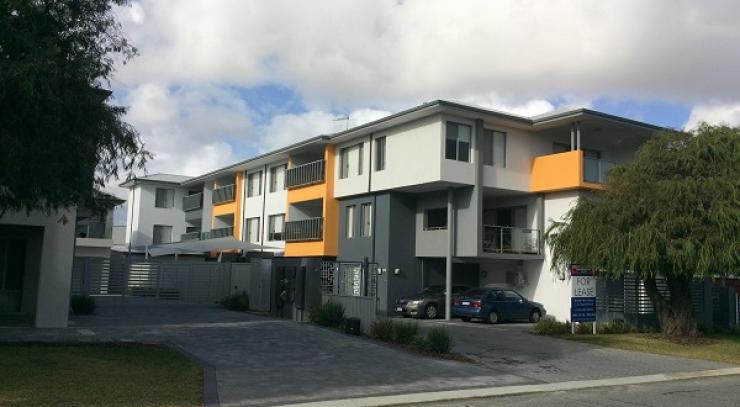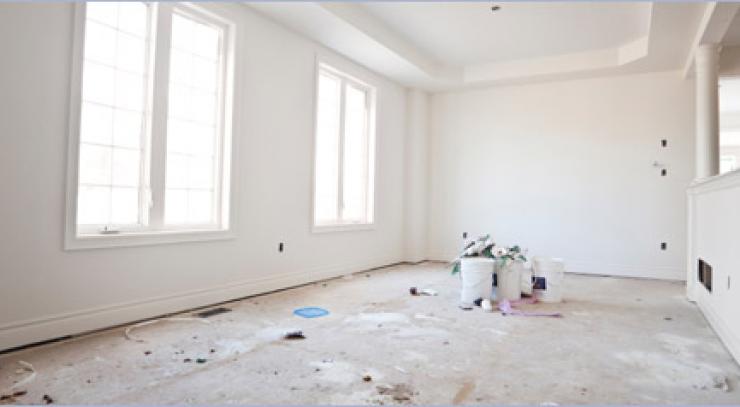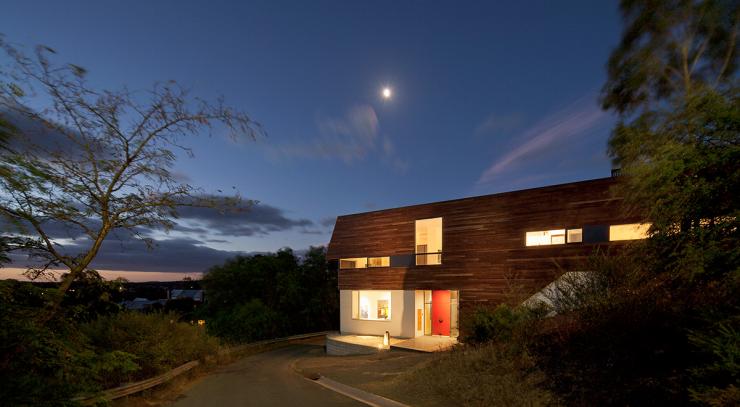Building a custom home is a dream for many, offering the unique opportunity to tailor every detail to fit your lifestyle and preferences. However, the process involves extensive planning and decision-making. From budgeting to design and construction, every step needs to be meticulously planned to ensure your dream home turns into a reality without unnecessary hitches. This article provides essential tips to guide you through the complex yet rewarding journey of building your custom home from the ground up.
Start With a Comprehensive Plan
Before any construction begins, having a clear and detailed vision for your custom home is essential. Start by envisioning the lifestyle you want to lead in this new space. Do you envision a cozy, intimate setting or a grand, open layout for hosting large gatherings? Collect images, materials, and styles that inspire you to form a cohesive vision board. Think about the number of rooms, outdoor spaces, and special features like home offices or gyms. Your vision will guide every decision from design through construction, so take your time to refine it and ensure it truly reflects your aspirations and needs for your future home.
Setting a Realistic Budget
One of the most critical steps in home building is setting a budget. It’s essential to establish what you can afford before you start designing. Include costs like land purchase, construction, interior decoration, landscaping, and a contingency fund for unforeseen expenses. Getting a detailed estimate from architects and contractors early on will help you align your dreams with your financial reality.
Choose the Right Location
Choosing the right plot of land is pivotal in the custom home-building process. It's important to consider both the location and the physical characteristics of the land. Assess the proximity to essential services like schools, healthcare, and shopping, and think about the commute to work and other frequent destinations. The land's topography can greatly influence both the design and construction costs of your home. For instance, a sloped plot might offer stunning views but could require significant landscaping and foundation work. Always ensure the land is zoned for residential development and check for any covenants or restrictions that could impact your building plans.
Legal Considerations
Before purchasing land, make sure it is zoned for residential use and check for any building restrictions or requirements. It’s also wise to investigate future area plans to avoid any surprises that could devalue your property or hinder your lifestyle.
Assembling Your Dream Team
The complexity of building a custom home necessitates assembling a team of experienced professionals. This team typically includes an architect, a general contractor, an interior designer, and possibly a landscape architect. Each professional should have experience in custom home projects and should be someone you feel comfortable communicating with extensively.
The Role of a Project Manager
Consider hiring a project manager to oversee the construction phase. This person acts as your advocate, ensuring your design is executed properly and that the project stays within budget and on schedule. They coordinate between various contractors and solve problems that might arise during construction.
Designing Your Dream Home
While the aesthetic appeal of your home is important, functionality should not be compromised. Design your space to suit your daily activities. For example, if you work from home, include a quiet office space. Energy efficiency should also be a priority. Features like proper insulation, energy-efficient windows, and sustainable materials are not only environmentally friendly but also cost-effective in the long run.
Flexibility for Future Changes
Design your home with adaptability in mind. Life circumstances can change, so consider incorporating elements that can be easily modified, such as bonus rooms that can be turned into an extra bedroom or a home gym depending on your future needs.
Managing the Construction Process
Construction of a custom home can take anywhere from a few months to over a year. Develop a timeline with milestones to track progress. Regular meetings with your contractor and project manager will help keep everything on track and allow you to make timely decisions on any changes that need to be implemented.
Quality Control
Regular site visits are essential to ensure that the construction adheres to your specifications and quality standards. This also allows you to see the progress first-hand and provides the opportunity to address any issues early on.
Conclusion
Building a custom home is a significant undertaking that requires careful thought and planning. By setting a clear vision, choosing the right location, assembling a skilled team, designing thoughtfully, and managing the construction effectively, you can make the process as smooth as possible. If you are looking for expert guidance throughout this exciting journey, consider partnering with a Custom Home Builder Morgantown. With their expertise, you can navigate the complexities of home building and ensure that your new home perfectly matches your vision and needs. With the right planning and team, your dream home will soon be a reality.
















